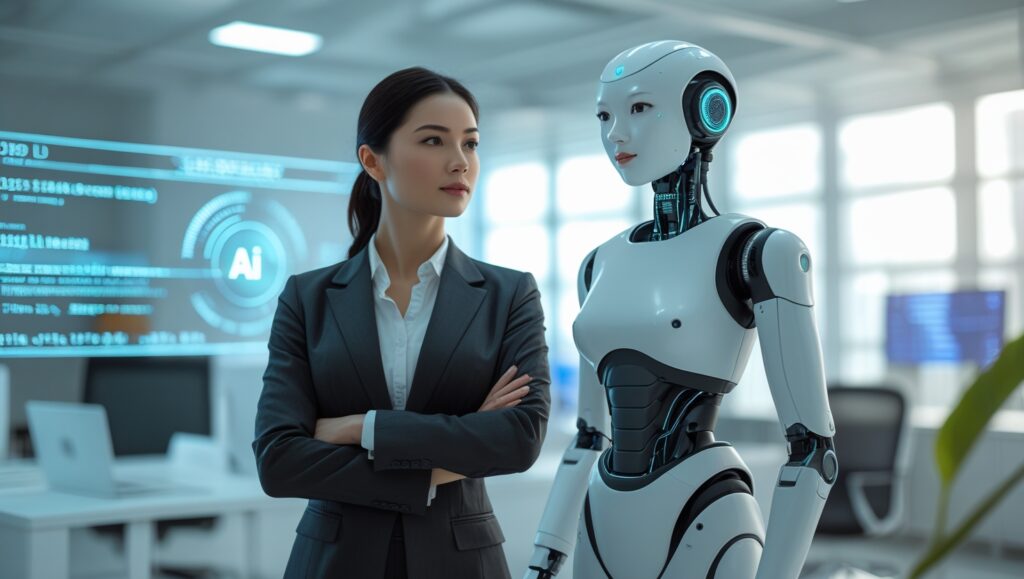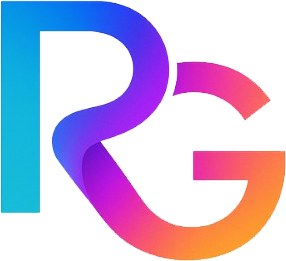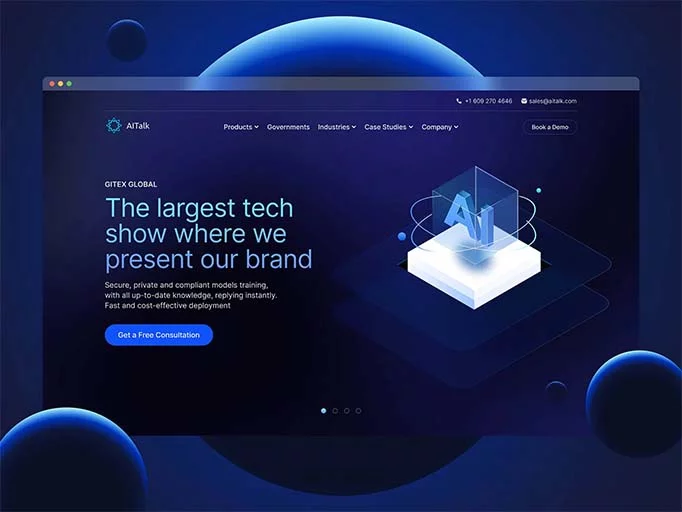In 2025, artificial intelligence is rewriting the way companies operate, from customer service chatbots to marketing automation and predictive analytics. Yet, despite AI’s incredible capabilities, one thing is becoming clearer every day: businesses still rely heavily on human intelligence, creativity, and emotional understanding to stand out.
AI may be efficient, but humans remain essential. As industries race toward automation, businesses that strategically combine technology with real human expertise are the ones seeing sustainable growth, stronger brand trust, and meaningful customer relationships.

The Paradox of Progress: AI Grows, But So Does the Need for Humans
AI can now create ads, write code, generate images, and analyze vast data sets faster than any human team. However, this has also led to what experts call “AI Slop”—a flood of low-quality, repetitive, and unverified content generated by algorithms with minimal human oversight.
This overreliance on automation is creating a major business challenge: quality control. Companies are learning that while AI can produce content at scale, it often lacks context, nuance, and emotional intelligence—all vital for customer trust and brand identity.
This gap is where human professionals shine. Businesses now hire experts not just to create, but to refine, validate, and guide AI-driven processes. Instead of replacing people, AI has actually amplified the demand for those who understand storytelling, strategy, and creative problem-solving.
Why Human Expertise Is Still Irreplaceable
Let’s look at the core areas where AI simply can’t match human capability:
1. Strategic Thinking
AI can process information, but it doesn’t understand business goals or long-term strategy. Human professionals can interpret market signals, predict customer behavior, and make creative decisions that align with brand values and growth targets.
2. Emotional Intelligence
Marketing, customer support, and leadership all rely on empathy. AI can simulate polite responses, but it cannot feel human emotion or understand complex cultural context. Human-driven engagement still wins in retention and brand loyalty.
3. Innovation & Creativity
AI learns from data—it doesn’t imagine. Innovation often requires intuitive leaps, creative risks, and emotional insight. Businesses need creative teams to develop ideas that connect with real human experiences.
4. Ethical and Cultural Judgment
Automation lacks moral awareness. From ethical marketing to responsible data use, human oversight ensures that technology aligns with company values and regulatory frameworks.
AI vs Human Talent: A Practical Comparison for Businesses
| Aspect | AI Capability | Human Talent Advantage |
|---|---|---|
| Speed & Efficiency | Processes massive data instantly | Applies insight to use data meaningfully |
| Creativity & Innovation | Repeats patterns from existing data | Invents original ideas and strategies |
| Customer Understanding | Predicts behavior based on analytics | Builds empathy and emotional connection |
| Brand Voice & Identity | Imitates tone but lacks authenticity | Creates trust through real human storytelling |
| Ethical Decision-Making | Operates within programmed parameters | Understands moral and cultural context |
| Problem Solving | Suggests data-based solutions | Thinks laterally and creatively under pressure |
| Quality Control | May produce “AI Slop” (generic, repetitive content) | Refines, fact-checks, and ensures credibility |
Businesses that combine AI efficiency with human oversight gain the best of both worlds—scalable productivity and authentic connection.
Why Businesses Are Reinvesting in Human Experts (2025 Trend)
According to major freelancing platforms like PeoplePerHour, the fastest-growing demand isn’t just for AI tools—it’s for AI-aware human experts.
Companies now seek professionals who can audit AI outputs, correct misinformation, ensure originality, and manage brand tone. In short, the demand is shifting from content creation to content verification and optimization.
Here are key industries seeing this shift:
- Digital Marketing: Businesses now hire creative strategists to validate AI-generated ads, refine brand messaging, and design human-centered campaigns.
- Copywriting & Editing: Editors are in high demand to refine AI-written material for clarity, authenticity, and compliance.
- Customer Experience (CX): Companies use chatbots for initial support but rely on human agents for empathy-driven resolutions.
- Design & Branding: AI tools assist with ideas, but human designers ensure brand consistency, emotion, and originality.
This reinvestment in human expertise shows that the future of work isn’t man or machine—it’s man with machine.
How Businesses Can Stand Out by Using Human Expertise Wisely
In 2025, success depends on how well a company integrates AI efficiency with human brilliance. Here’s how businesses can build that advantage:
1. Combine Automation with Oversight
Don’t let AI make your brand robotic. Use it for speed—but always involve humans in the final review. This keeps your tone, emotion, and message authentic.
2. Hire Human Auditors for AI Content
AI-generated text, ads, or data reports should go through expert review. Professionals can ensure accuracy, cultural sensitivity, and originality before publishing or presenting.
3. Focus on Emotional Branding
AI can suggest color palettes or slogans, but brand loyalty comes from emotional connection. Use human copywriters, storytellers, and designers to build brand personality.
4. Prioritize Training & Collaboration
Train teams to use AI tools effectively but encourage creativity beyond the algorithm. Human-AI collaboration delivers innovation that machines alone can’t replicate.
5. Reposition Human Talent as a Premium Asset
Businesses that present human expertise as part of their premium service attract higher-value clients. Show customers that your work blends smart automation with real human insight.
The Risk of Going Fully Automated
Many brands have already learned the hard way that full automation leads to brand fatigue and credibility loss. AI-generated articles, social media posts, or chat responses often feel repetitive and lack authenticity.
Worse, AI tools can unintentionally produce biased or inaccurate outputs—something only human review can prevent. The result? Lost trust, legal issues, and declining customer engagement.
Smart businesses avoid this trap by maintaining a human-led creative and strategic core while automating only the repetitive tasks.
Why the Future Belongs to Human-Guided AI
The emerging business model of 2025 and beyond is Human-Guided AI a hybrid ecosystem where machines handle volume, and humans ensure vision.
This means:
- AI writes first drafts, humans edit for depth.
- AI analyzes data, humans interpret meaning.
- AI automates tasks, humans lead innovation.
Companies following this model report higher productivity, improved creativity, and stronger brand differentiation.
By combining the speed of AI with the soul of human expertise, businesses achieve the balance that wins both efficiency and trust.

Rugmaz Insight: Building Business Credibility in the AI Era
At Rugmaz.com, we believe the next wave of growth will come from companies that master this hybrid approach. Businesses that invest in human talent for quality control, creative direction, and strategic leadership will outlast those that depend solely on automation.
AI can be your assistant—but not your identity.
Human expertise remains your most valuable competitive advantage.
Whether you’re refining your digital strategy, improving your content credibility, or elevating your brand storytelling, integrating authentic human input is the smartest move you can make in 2025.
Final Thoughts
The rise of AI doesn’t mark the end of human relevance—it marks a new beginning.
Businesses that recognize the value of real human insight will lead the next chapter of innovation.
AI may work faster, but only humans work with meaning.
In a world flooded with automation, authentic human creativity will always stand out.





